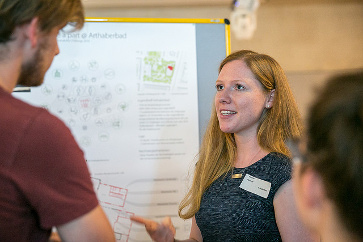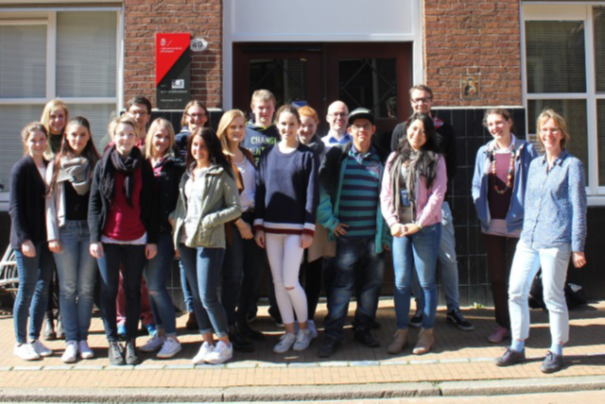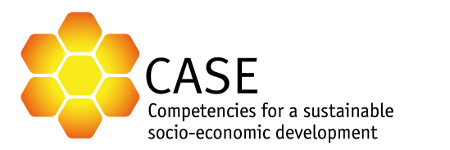 What is it about?
What is it about?

Participatory research projects can be a very suitable course format for strengthening transdisciplinary learning and for exploring community-based research. The idea derives from the need for more responsible research and innovation and addresses the dual challenge of doing “good” research and working with partners outside of academia to respond to research needs that are considered relevant by them.
At the same time, this format enables students to gain (sometimes first) research skills, e.g. to develop research questions, to choose an adequate research design and apply research methods like conducting interviews, participatory observation, writing research journals, etc., and train their personal communication skills.
The overall goal of the format is to promote responsible research in close contact with societal needs and to contribute to local and regional sustainable development.
As preparation for the later project work, students get theoretical input to responsible, participatory research and innovation as well as more generally regarding sustainable development and transdisciplinarity.
This series of theoretic course units is concluded with the presentation of current sustainability-related challenges by the local project partners.
First, the students have to choose a specific challenge to work on. Subsequently, they work in teams together with the local partner where they can apply their theoretical knowledge gained concerning research processes. Regular communication and collaboration with the project partner supports the participatory approach and makes it perceptible.
In a joint seminar at the end of the course, the student teams present their project results for the partners. This offers the opportunity for feedback from both perspectives, practice and theory.

Excursion to Science Shop in Groningen © Gröneweg
Outside the University Box – Participatory research with people of the region
The course addresses essential approaches and concepts of transdisciplinarity, Responsible Research and Innovation (RRI) as well as participatory research (e.g. science shops, community-based research). Local actors present their current challenges and students are collaborating in teams to apply the theoretical knowledge and to solve the challenges. The cooperation involved three partners: the city administration, a local food entrepreneur (start-up) and a municipal institution for elderly people and intense nursing.
 Benefits
Benefits
- Improvement of problem-solving competencies
- Provision of solutions to partner’s problems
- Learning how to handle frustration
- Growing students’ awareness about the company
- Establishing relationships for future collaboration, e.g. internships or thesis-writing
- Providing university insights for companies
- New concrete ideas for business
 Success factors
Success factors
- Students and partners get to know each other personally and early
- Communication support by teachers providing guides and experience
- Clear guidelines for cooperation partners
- Providing material concerning participative and responsible research methods
- Mutual trust between students and partner
 Challenges
Challenges
- To be taken seriously as a student by the partner
- Providing viable solutions to the problem of the partner
- Authoritative attitude by the partner
- Students’ lack of experience in interacting with public for research
- Time as scarce resource for research process
- Students’ lack of authority towards partners’ employees
 Supporting material
Supporting material
General overview
Tools
Templates
 Contacts and experts
Contacts and experts
- Antje Disterheft, University of Vechta, Germany
- Marco Rieckmann, University of Vechta, Germany

